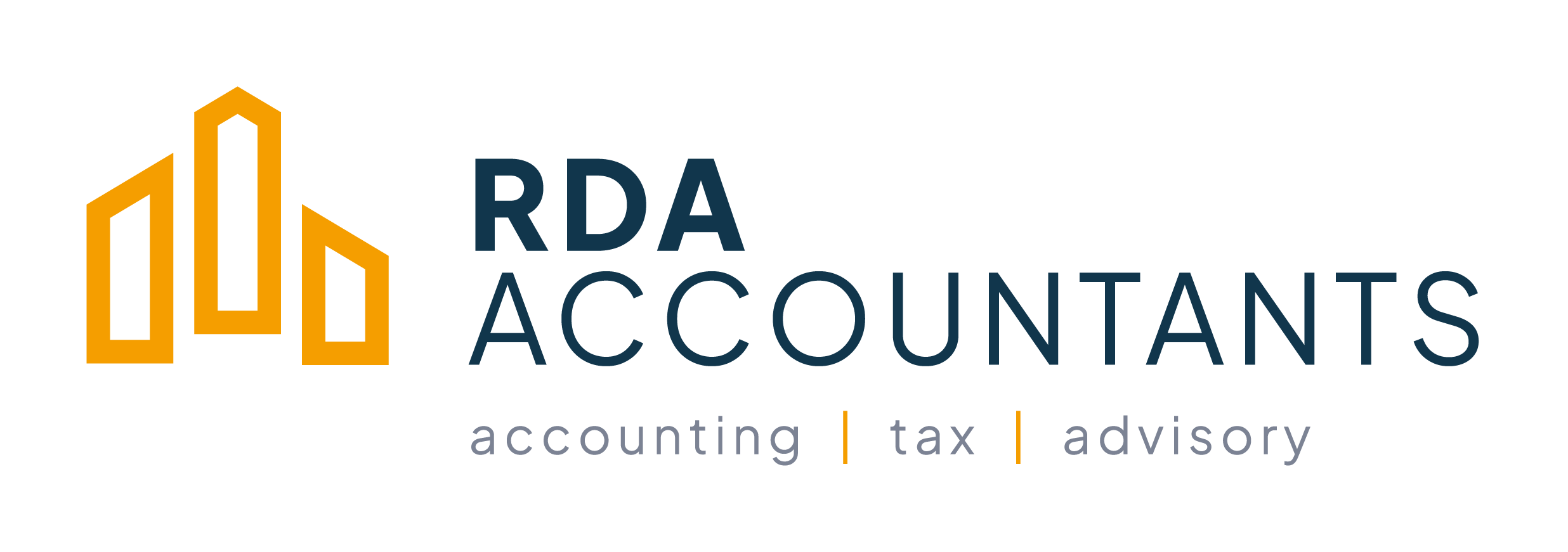Selling a business isn’t just a financial transaction—it’s a turning point in your life. Whether...
Developing a Scalable Business Model
.png?width=519&height=292&name=FOR%20SALE%20(6).png) Crafting a business model that can grow with your company is crucial for long-term success and sustainability. At RDA Accountants, we understand the importance of scalability in a business model and how it can significantly impact your company's growth trajectory. A scalable business model not only supports current operations but also adapts to increasing demands without compromising efficiency or quality. Here’s a comprehensive guide to developing a scalable business model.
Crafting a business model that can grow with your company is crucial for long-term success and sustainability. At RDA Accountants, we understand the importance of scalability in a business model and how it can significantly impact your company's growth trajectory. A scalable business model not only supports current operations but also adapts to increasing demands without compromising efficiency or quality. Here’s a comprehensive guide to developing a scalable business model.
Understanding Scalability
Scalability refers to the ability of a business to grow and manage increased demand without affecting its operational efficiency. A scalable business model is one that can handle growth smoothly, with minimal disruptions and additional costs. It involves processes, systems, and strategies that are designed to expand easily as the business grows.
Key Components of a Scalable Business Model
-
Clear Value Proposition: Your value proposition should be clear and compelling. It should define what makes your product or service unique and why customers should choose you over competitors. A strong value proposition attracts and retains customers, facilitating growth.
-
Efficient Operational Processes: Streamline your operations to ensure they can handle increased volume. This might involve automating repetitive tasks, outsourcing non-core activities, and continuously improving processes to enhance efficiency.
-
Flexible Infrastructure: Invest in flexible infrastructure that can scale with your business. This includes scalable IT systems, adaptable physical spaces, and a flexible workforce. Cloud computing, for example, offers scalable storage and computing power that can grow with your needs.
-
Robust Financial Planning: Strong financial planning is essential for scalability. This involves forecasting future financial needs, managing cash flow effectively, and ensuring access to capital. RDA Accountants can assist in creating a financial plan that supports your growth objectives.
-
Scalable Marketing Strategies: Your marketing strategies should be scalable to reach a larger audience as your business grows. Utilise digital marketing tools and platforms that can expand your reach without significantly increasing costs. Focus on building a strong online presence and leveraging data analytics to optimise your marketing efforts.
-
Adaptable Business Model: Ensure your business model can adapt to market changes and customer demands. This might involve diversifying your product or service offerings, exploring new markets, or innovating your delivery methods. An adaptable business model can pivot quickly in response to new opportunities or challenges.
Steps to Develop a Scalable Business Model
-
Evaluate Your Current Model: Assess your existing business model to identify areas that need improvement. Determine if your current operations, infrastructure, and strategies can handle increased demand.
-
Set Clear Growth Objectives: Define clear, achievable growth objectives. This helps in aligning your business model with your long-term vision and ensures that all efforts are directed towards common goals.
-
Invest in Technology: Technology plays a crucial role in scalability. Invest in scalable software solutions, automation tools, and data analytics platforms. These technologies can streamline operations, improve efficiency, and provide insights that drive growth.
-
Build a Strong Team: A scalable business requires a capable and adaptable team. Hire employees who are skilled, flexible, and aligned with your company’s vision. Provide ongoing training and development to ensure your team can support your growth objectives.
-
Focus on Customer Experience: A scalable business model prioritises customer satisfaction. Ensure your customer service processes can handle increased demand and continue to deliver high-quality experiences. Happy customers are more likely to become repeat customers and brand advocates.
-
Monitor and Adjust: Regularly monitor your business performance and make necessary adjustments. Use key performance indicators (KPIs) to track progress and identify areas that need improvement. Scalability is an ongoing process that requires continuous optimisation and adaptation.
Conclusion
Developing a scalable business model is essential for achieving sustainable growth and long-term success. By focusing on a clear value proposition, efficient operations, flexible infrastructure, robust financial planning, scalable marketing strategies, and an adaptable business model, you can create a foundation for growth.
At RDA Accountants, we are dedicated to helping you build a business model that not only supports your current operations but also scales with your company’s growth. Let us partner with you in crafting a scalable business model that ensures your business thrives in the dynamic marketplace.




